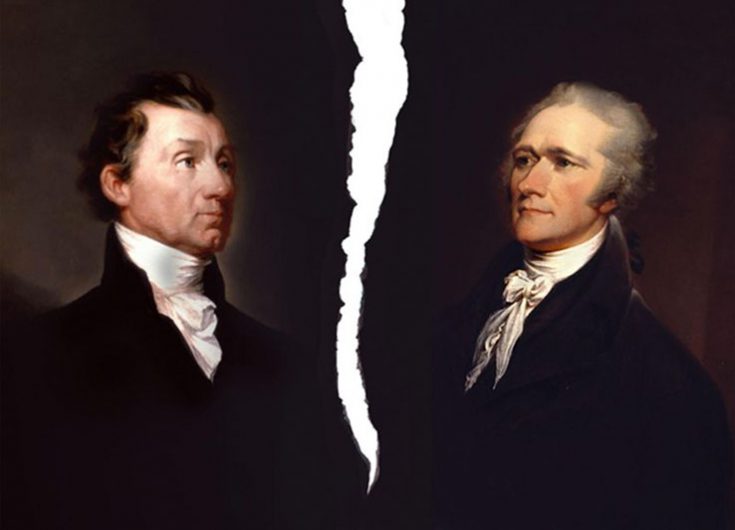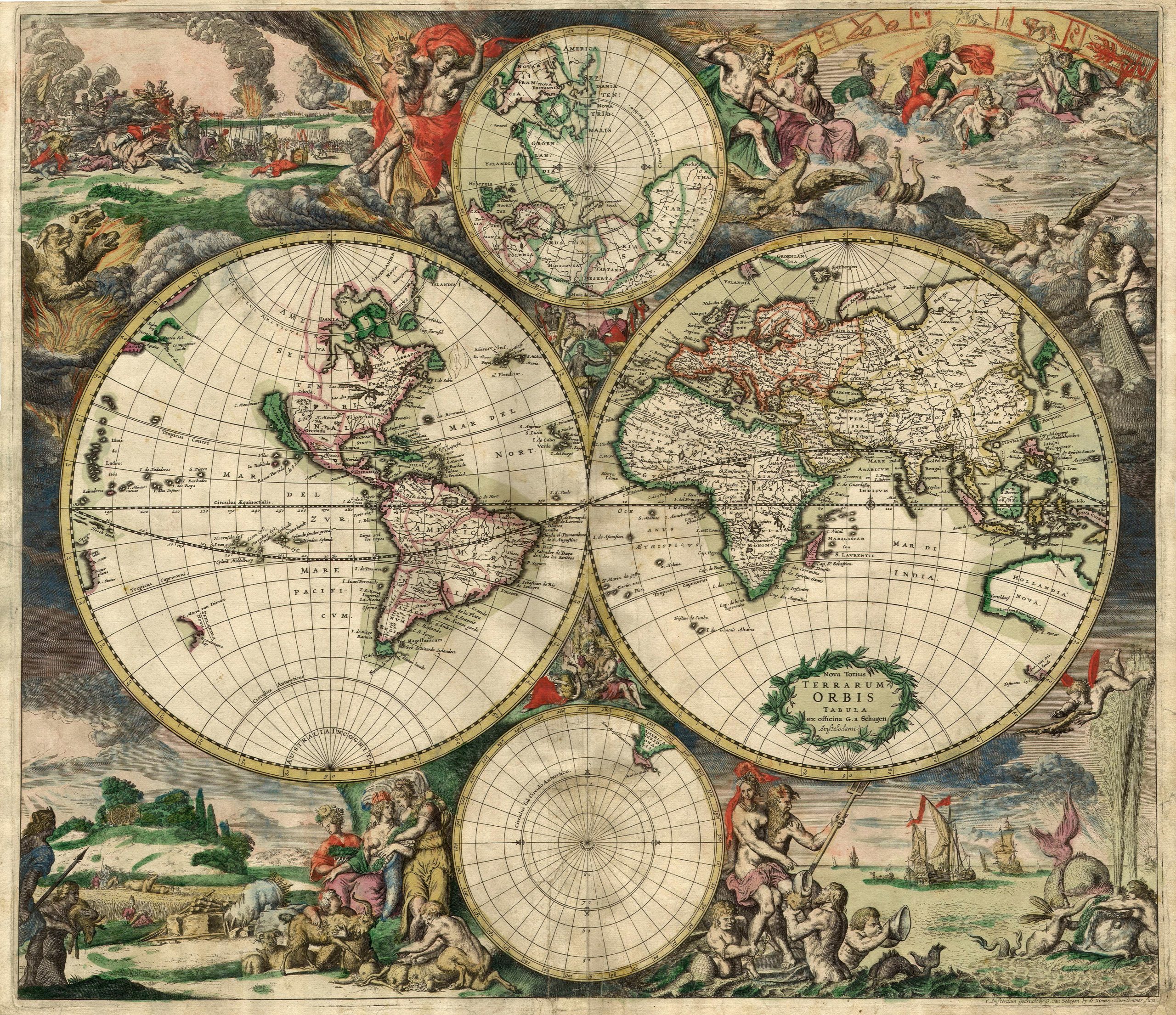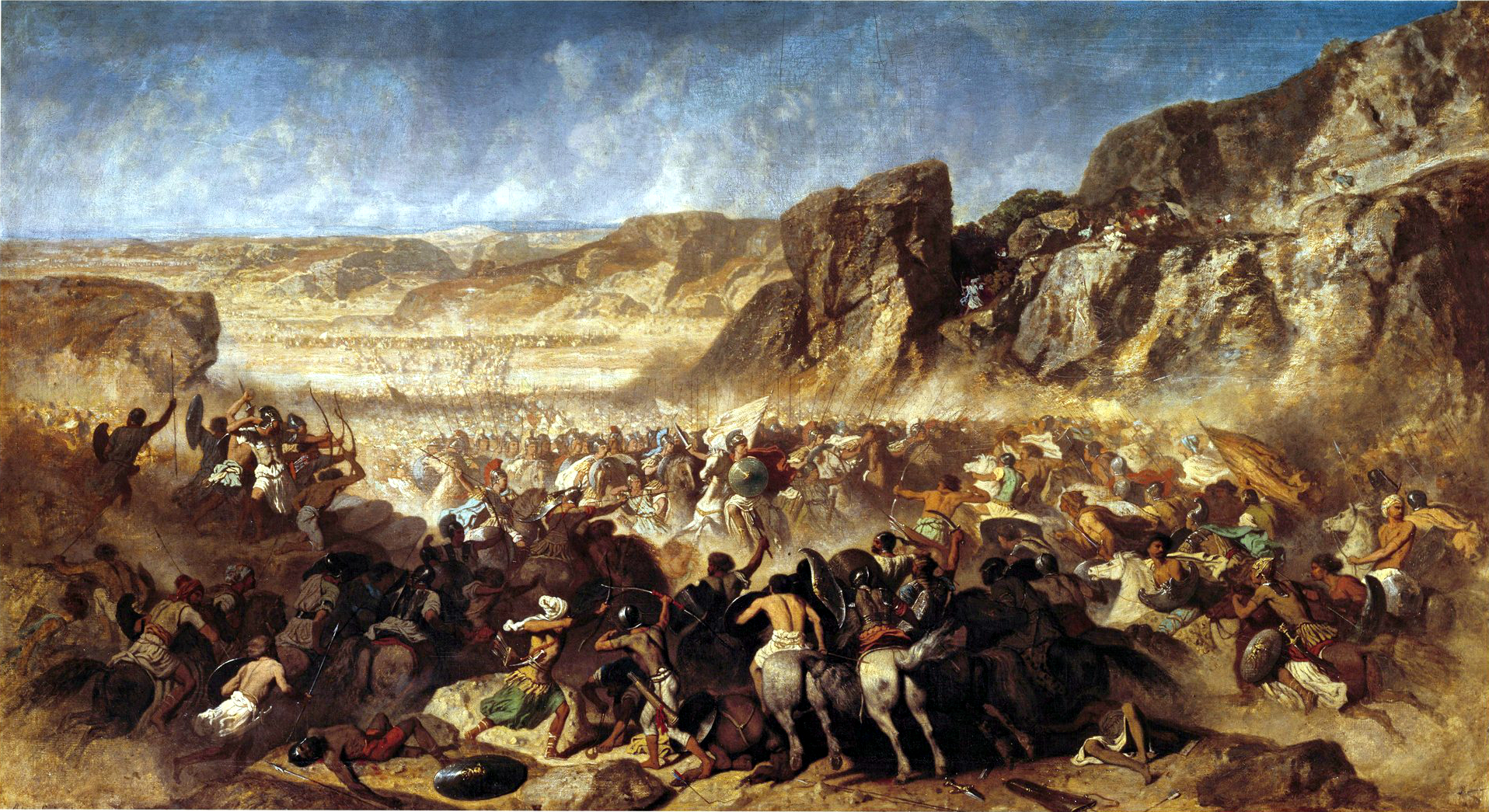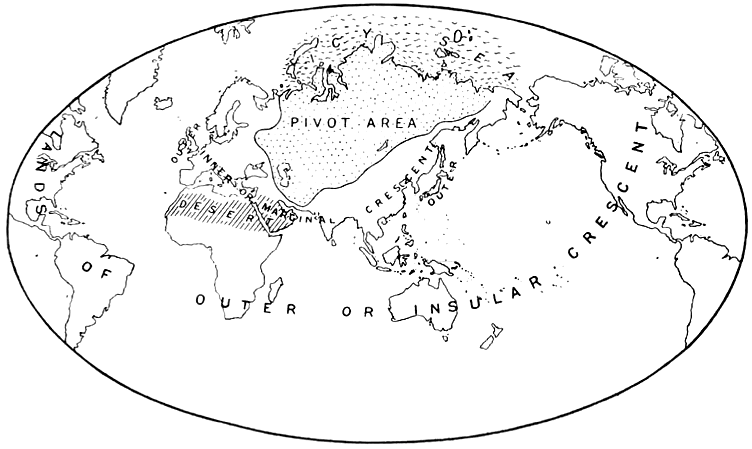
It is precisely during the historical lulls, the quiet backwaters, that the most thinking about strategy should be done—by officers and by political leaders, both serving or aspiring to service. Nor are democracy's other citizens free to ignore defense and foreign affairs; they too might attend to Kipling's poem of warning. Thinking about strategy in peacetime is even more vital than material preparation, though both are vital. Because when war comes, it may be too late. During war, it may be too difficult. In defeat, it will be of no use.







